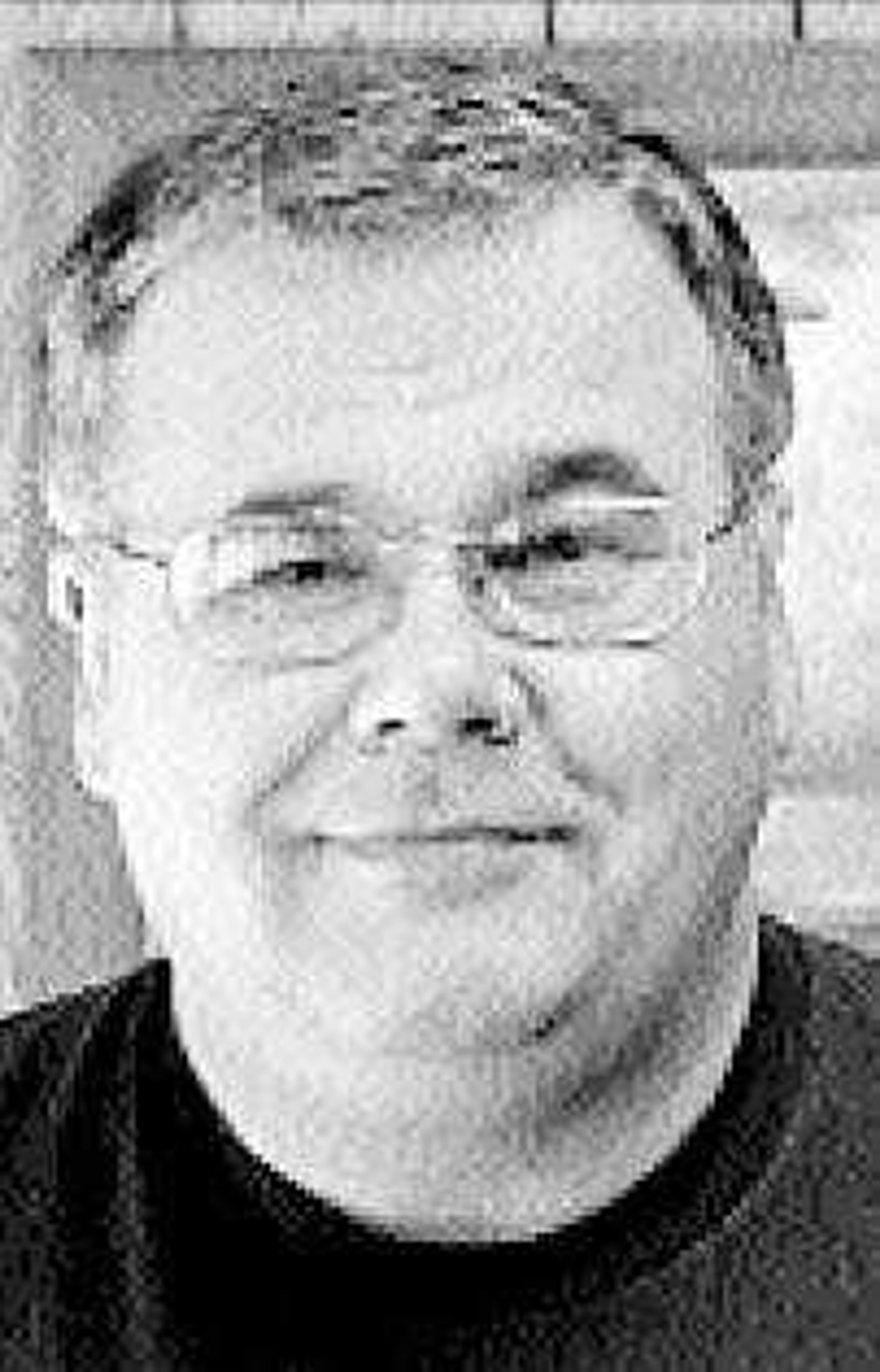Enhanced interrogations
When "enhanced interrogation" comes up, as it already has during the current political season, it is a good time to reconsider the facts without the emotional reactions that guided past discussions. The Courier-Tribune newspaper of Ashboro, North Carolina, has printed an article written by Del Quentin Wilber containing information that deserves to be included in that reconsideration...
When "enhanced interrogation" comes up, as it already has during the current political season, it is a good time to reconsider the facts without the emotional reactions that guided past discussions. The Courier-Tribune newspaper of Ashboro, North Carolina, has printed an article written by Del Quentin Wilber containing information that deserves to be included in that reconsideration.
According to Wilber, President Obama created the FBI-led High-Value Interrogation Group in 2009 to study interrogation methods and their effectiveness. The group was looking at those methods that would gather the most information without violating international law. What they discovered was information gained from a surprising source.
Christian Meissner, a psychology professor at Iowa State University, spent the past five years conducting and managing research for the interrogation group and found an answer in Nazi Germany. When World War II started in 1939, Hanns Scharff of South Africa was vacationing in Germany with his wife and children, and he was pressed into military service. Fluent in English, Scharff was first an interpreter and then an interrogator for the Luftwaffe and assigned to interrogate captured American airmen. He became known as a master interrogator because of his successes.
During the war, Scharff was interviewed and told how he watched a German officer's interrogation where he "drove a totally frightened POW into the corner of the room by his mad roaring." He decided then that he would develop a new method of interrogation. During the war Scharff said he interrogated 500 prisoners of war and gathered information from all but 20. He emigrated to the U.S. after the war, and he had been so effective in interrogations that he was invited to give lectures at the Pentagon and assisted the Air Force in developing survival techniques for captured airmen.
Scharff's methods began with accumulated research on a POW's unit commanders, stories about the unit gathered from other POWs, information about the POW's family and other fliers in the unit. Conversing with the POW in an unexpectedly relaxed and calm setting, Scharff would use the accumulated information to convince the POW that he knew more than he really did. The prisoner would begin talking and unwittingly reveal more information. Scharff's successful methods were more complicated than I can report here. The interrogation group is expected to release its report and conclusions soon to improve the methods and results of U.S. interrogations.
Jack Dragoni attended Boston College and served in the U.S. Army in Berlin and Vietnam. He lives in Chaffee, Missouri.
Connect with the Southeast Missourian Newsroom:
For corrections to this story or other insights for the editor, click here. To submit a letter to the editor, click here. To learn about the Southeast Missourian’s AI Policy, click here.










